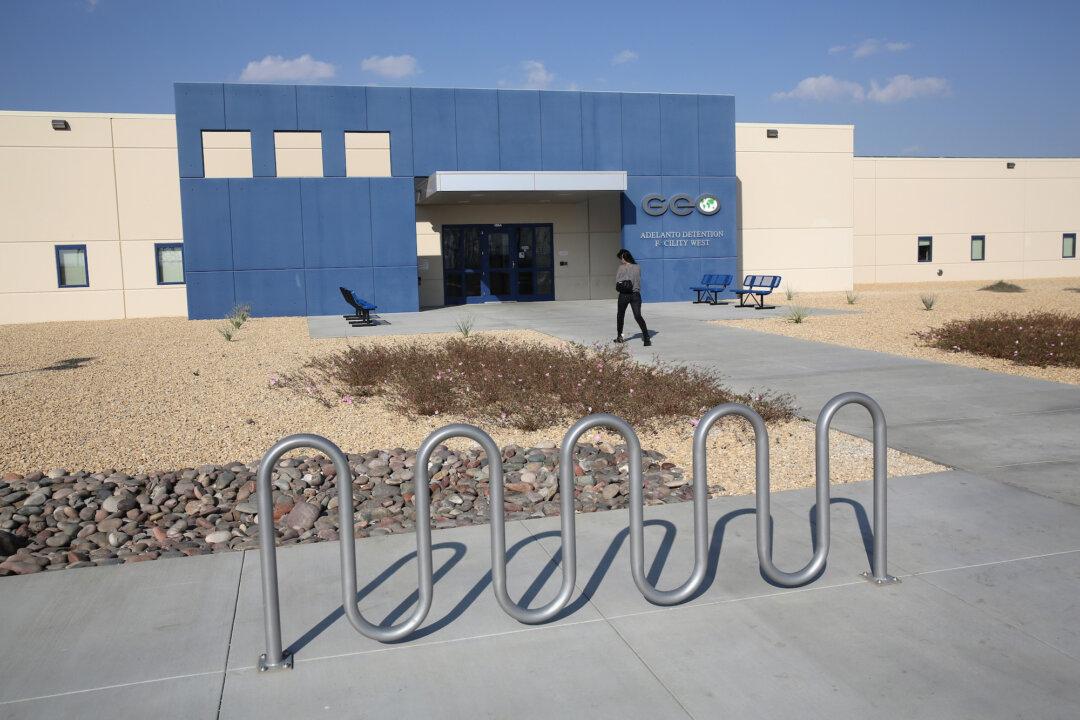A federal court on Oct. 5 blocked a California law that bans private prisons, finding it violated federal law.
The California law “impeded the federal government’s immigration policy,” a panel of the 9th U.S. Circuit Court of Appeals said in its majority ruling granting a preliminary injunction and overturning a lower court’s decision.





